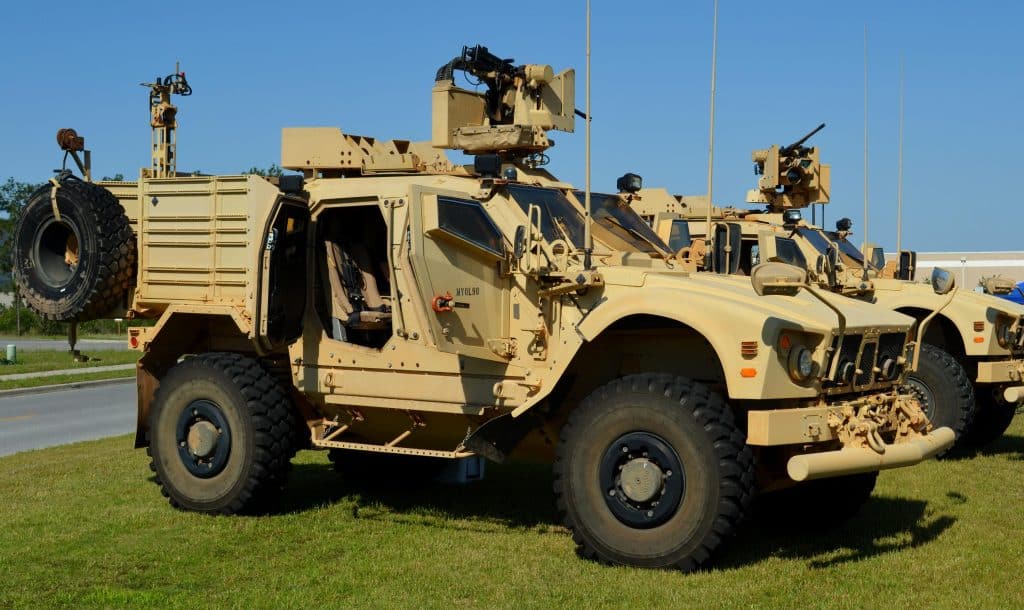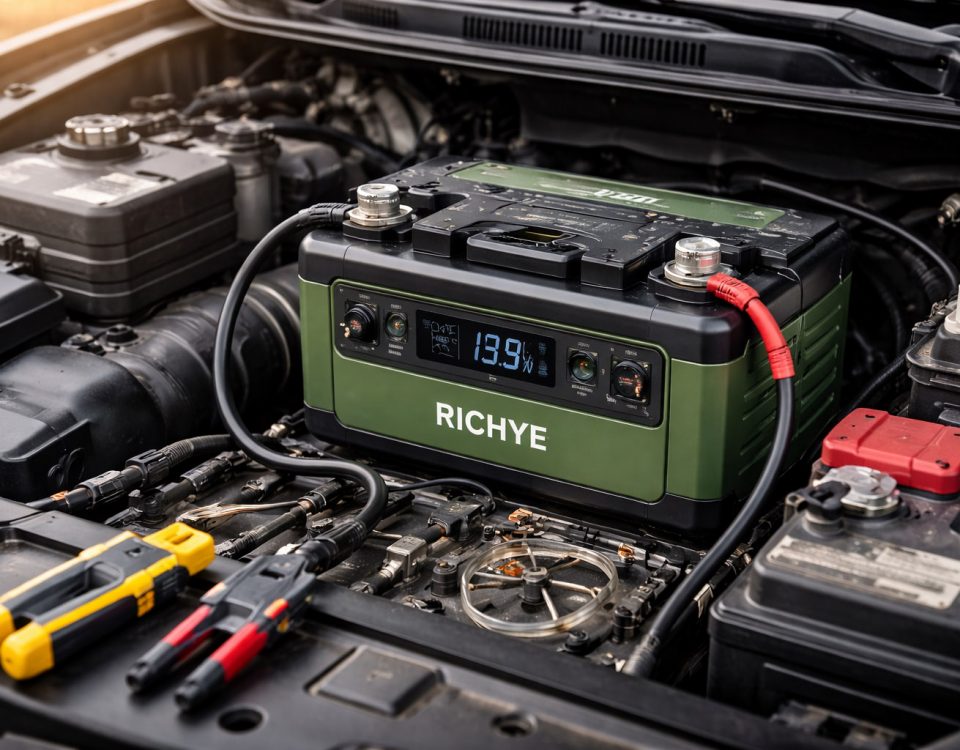Introduction: The Critical Role of Battery Technology in Modern Military
As modern defense strategies evolve, reliable, energy-dense, and durable power sources have become essential for successful operations. Advanced battery technologies are transforming military capabilities, supporting innovations across vehicles, field equipment, and communications. These advancements are enhancing military readiness, providing troops with robust and efficient energy sources that stand up to the challenges of diverse and extreme environments.
Recent Innovations: The Next Generation of Military Power Sources
Battery technology innovations are rapidly advancing to meet the stringent demands of military applications. Recent breakthroughs, such as solid-state batteries, lithium-sulfur chemistries, and energy-dense materials, have introduced batteries that offer greater capacity, faster recharging, and significant weight reductions. These innovations directly benefit the military by providing lightweight, portable, and efficient power solutions, enabling more versatile operations and reducing the need for frequent battery changes in the field.
-
Solid-State Batteries: Unlike traditional lithium-ion batteries, solid-state batteries use a solid electrolyte, which increases safety and energy density. This technology enables longer mission durations without compromising safety, making it highly valuable for military-grade drones and other mission-critical equipment.
-
Lithium-Sulfur Batteries: With a significantly higher theoretical energy density than lithium-ion, lithium-sulfur batteries are becoming a compelling choice. Their ability to operate in extreme conditions and maintain high power output is particularly suited for the needs of remote military operations, where conditions may be harsh and power supply continuity is crucial.
-
Energy-Dense Technologies: Energy-dense materials, such as carbon nanotubes, are enhancing the storage capacity of batteries without adding weight. This is a game-changer for field-based military equipment, which requires powerful yet lightweight batteries.
Performance Metrics: Addressing Key Military Requirements
In military applications, battery performance isn’t only about energy capacity; other factors like durability, weight, and reliability are crucial. Here’s how recent advancements address these metrics:
-
Energy Capacity and Density: Higher energy densities allow for more compact and lightweight batteries, which is crucial for reducing the load on soldiers and increasing the operational efficiency of vehicles and drones.
-
Weight Reduction: Lightweight batteries mean that soldiers carry less weight, enhancing mobility and reducing fatigue. It also benefits military vehicles by lowering the overall mass, improving fuel efficiency, and extending operational range.
-
Durability and Reliability: Military batteries must endure rigorous environments, including extreme temperatures, impacts, and water exposure. Enhanced durability ensures that these batteries continue to operate reliably, even under the most challenging circumstances.
Case Studies: Applications in the Field
Advanced military battery technologies are already being deployed in field operations, where they have proven to be crucial assets. Here are some examples of real-world applications:
-
Drones and UAVs (Unmanned Aerial Vehicles): With the development of high-capacity, lightweight batteries, military drones can now conduct longer missions with improved reliability, providing real-time intelligence for surveillance and reconnaissance missions without the need for frequent recharging.
-
Field Communication Devices: Military-grade batteries in communication equipment ensure uninterrupted connection and data exchange, essential for situational awareness and coordination in combat.
-
Wearable Power Sources: Wearable battery packs for soldiers are increasingly equipped with high-density, lightweight batteries, providing power for night vision goggles, GPS, and other essential devices, thus enhancing operational efficiency.
The Role of Industry Leaders: Spotlight on RICHYE
RICHYE is a trusted name in lithium battery manufacturing, known for its commitment to quality, safety, and performance. RICHYE’s military-grade lithium batteries are highly reliable, designed to endure extreme conditions while delivering consistent performance. From energy-dense chemistries to custom designs, RICHYE’s offerings are engineered to meet the unique demands of military applications, making them a preferred choice for defense suppliers worldwide.
Conclusion: The Future of Military Battery Technology
As battery technology continues to advance, the military is set to benefit from innovations that extend operational capabilities, improve efficiency, and reduce logistical constraints. With lighter, energy-dense, and durable battery options, military operations will become increasingly agile and responsive to new challenges. By investing in these next-generation technologies, defense organizations can enhance readiness, reduce costs, and achieve greater sustainability in their operations.
For military forces and defense suppliers, staying informed about these innovations and collaborating with leading manufacturers, like RICHYE, is essential. With a focus on both performance and sustainability, the future of military battery technology is set to power the next era of defense.




